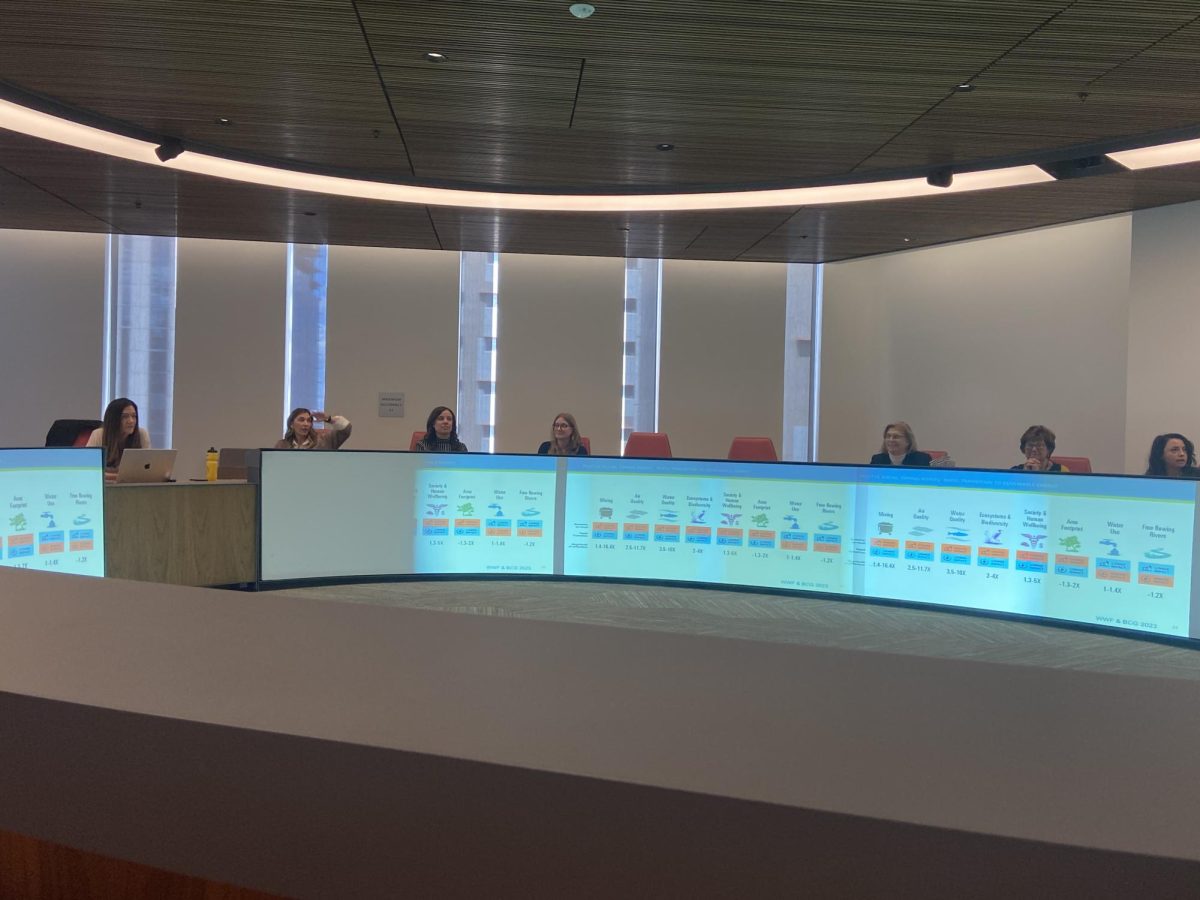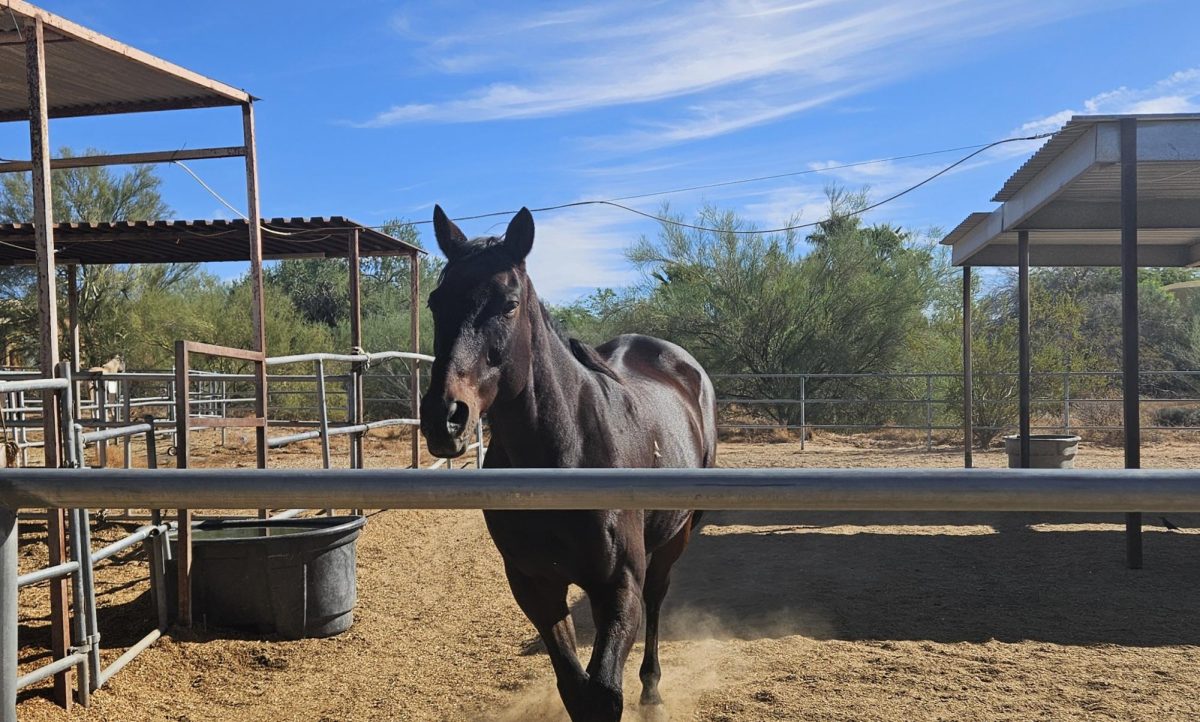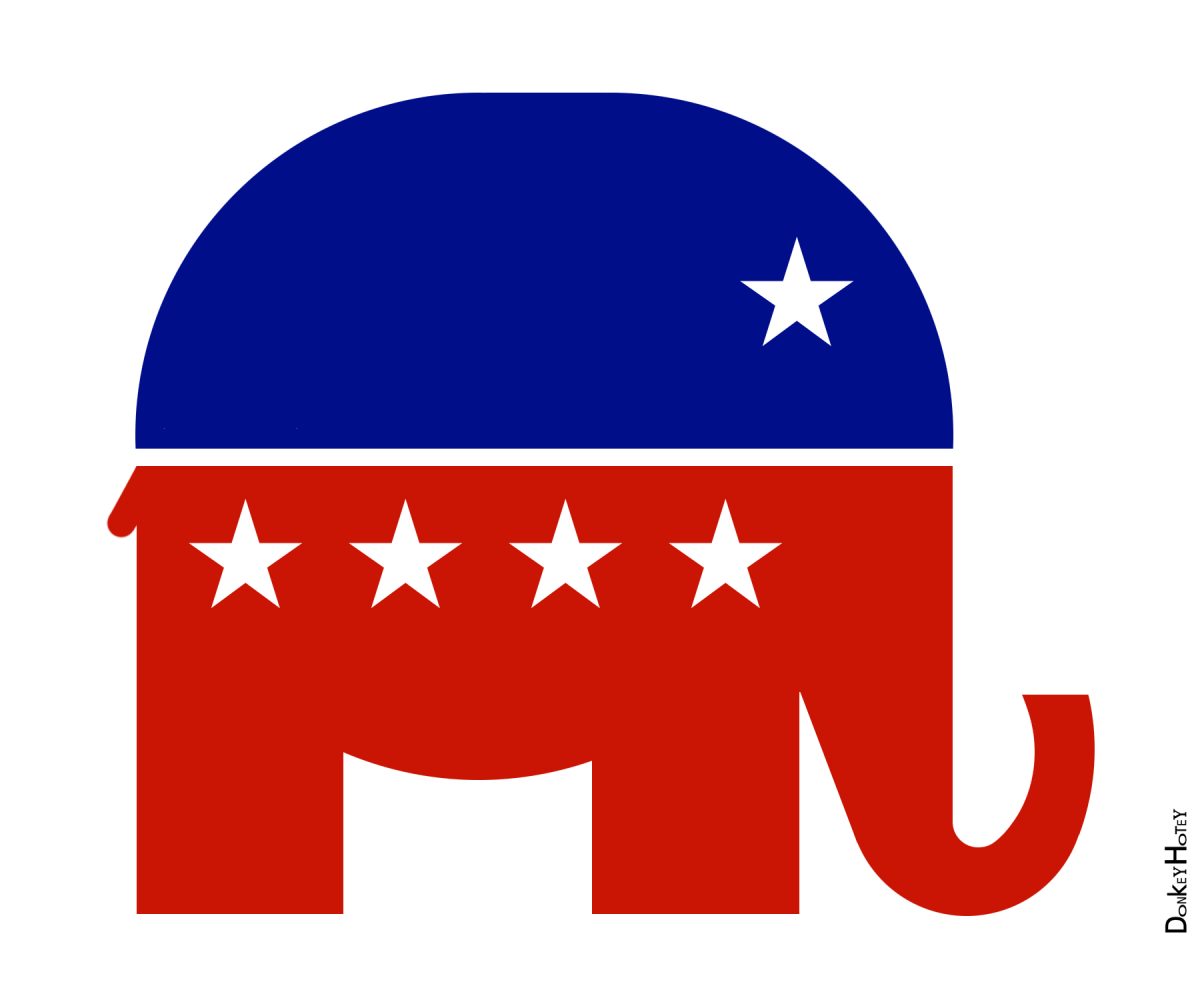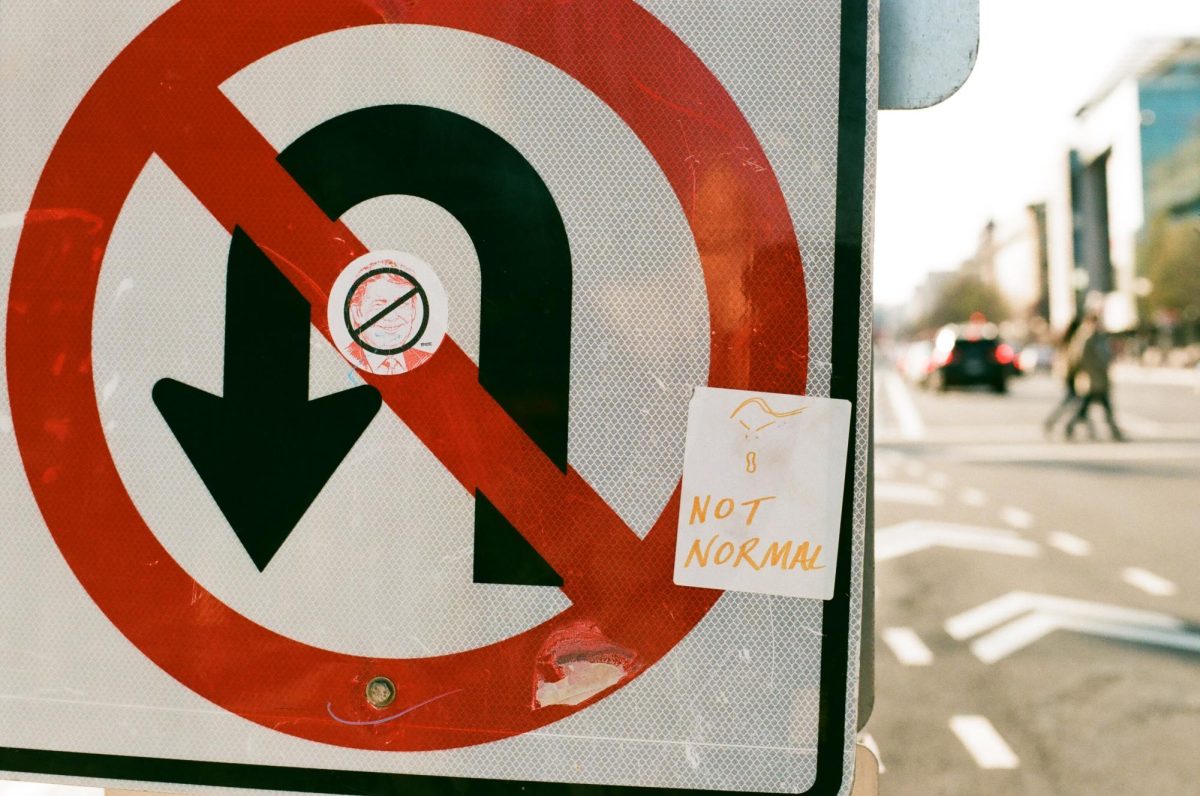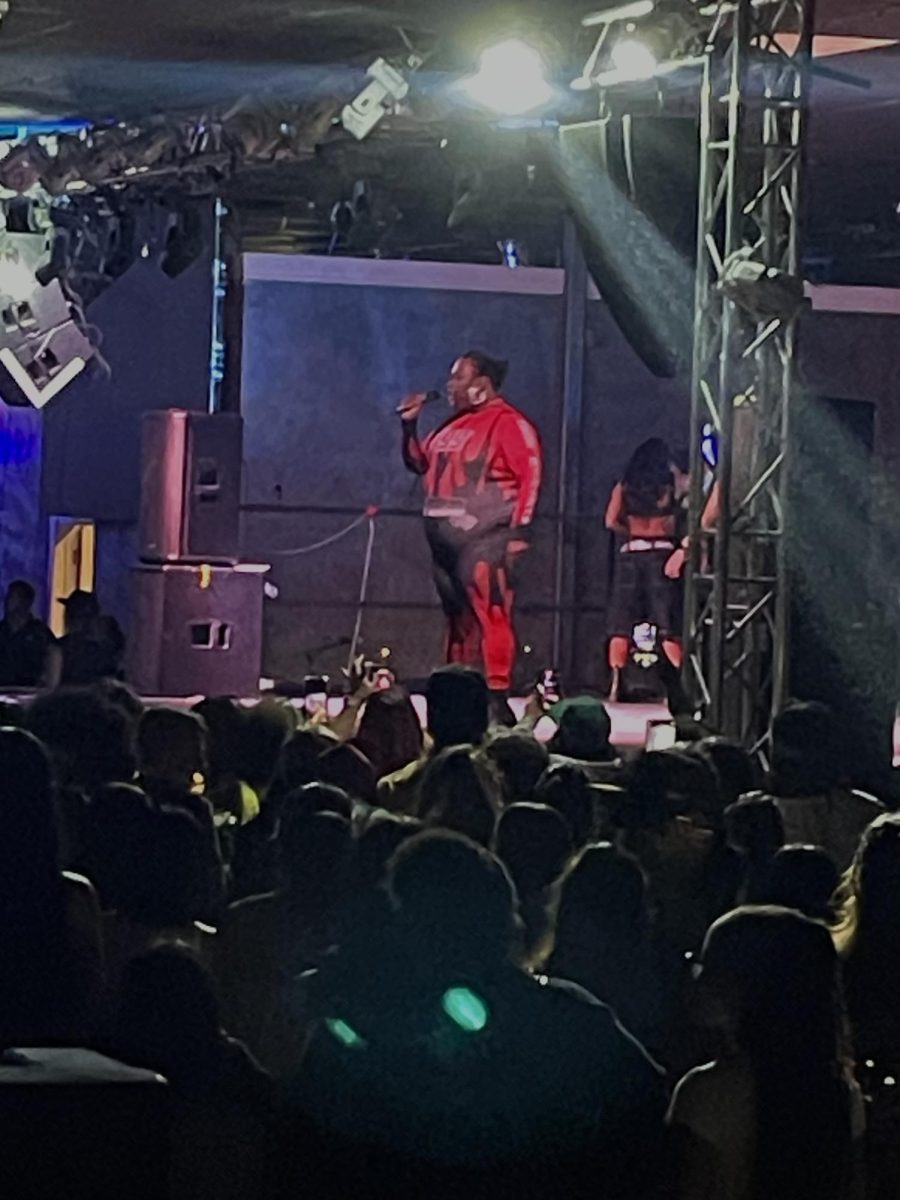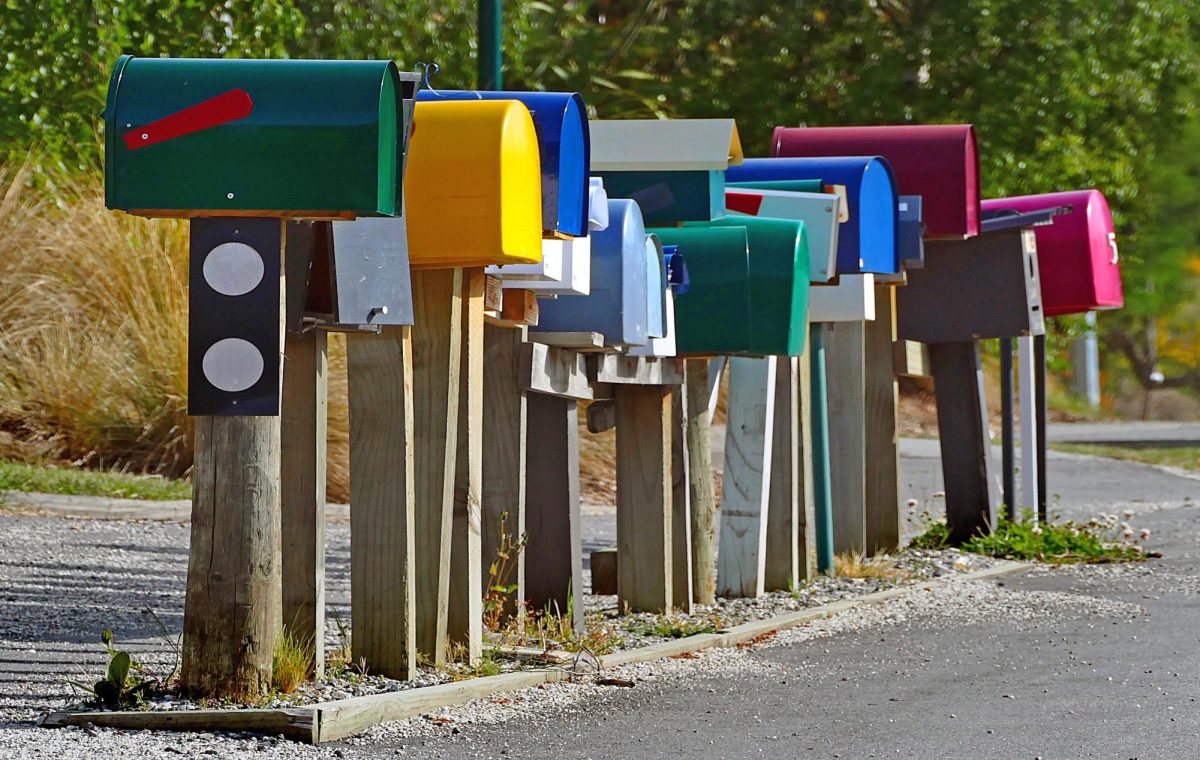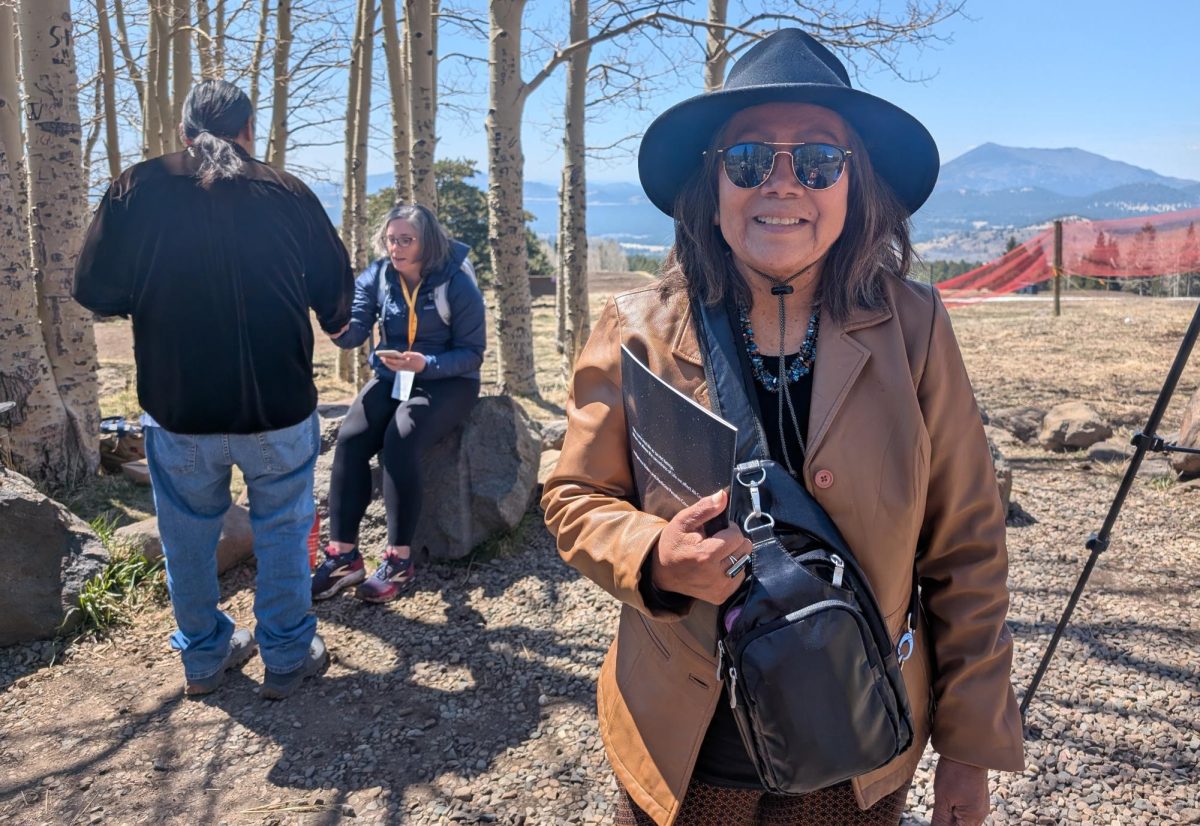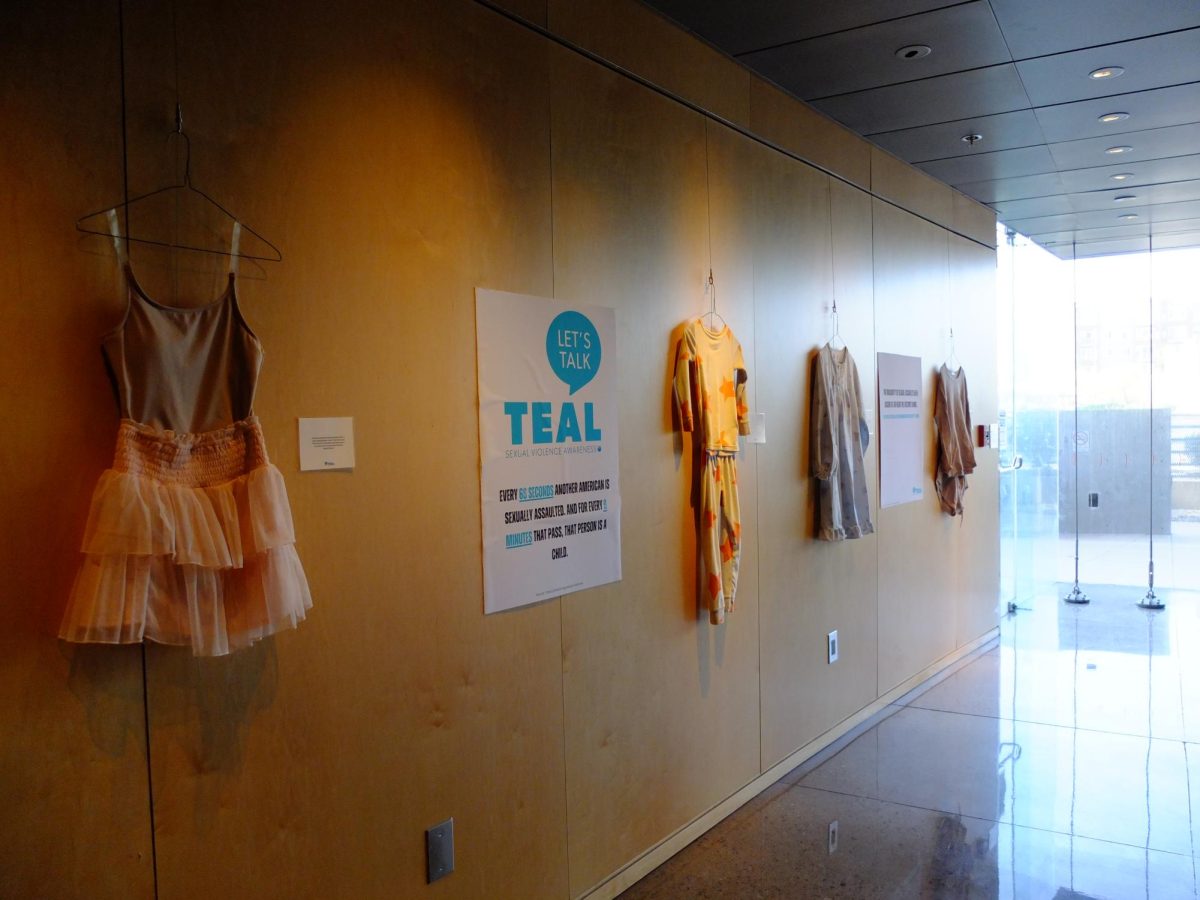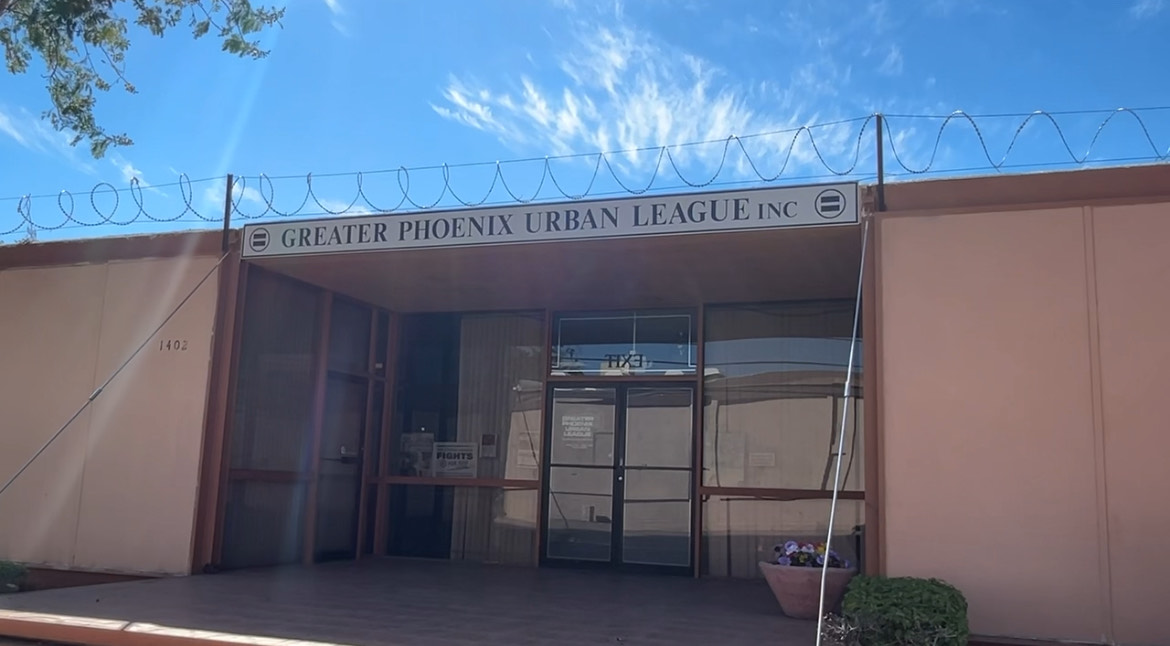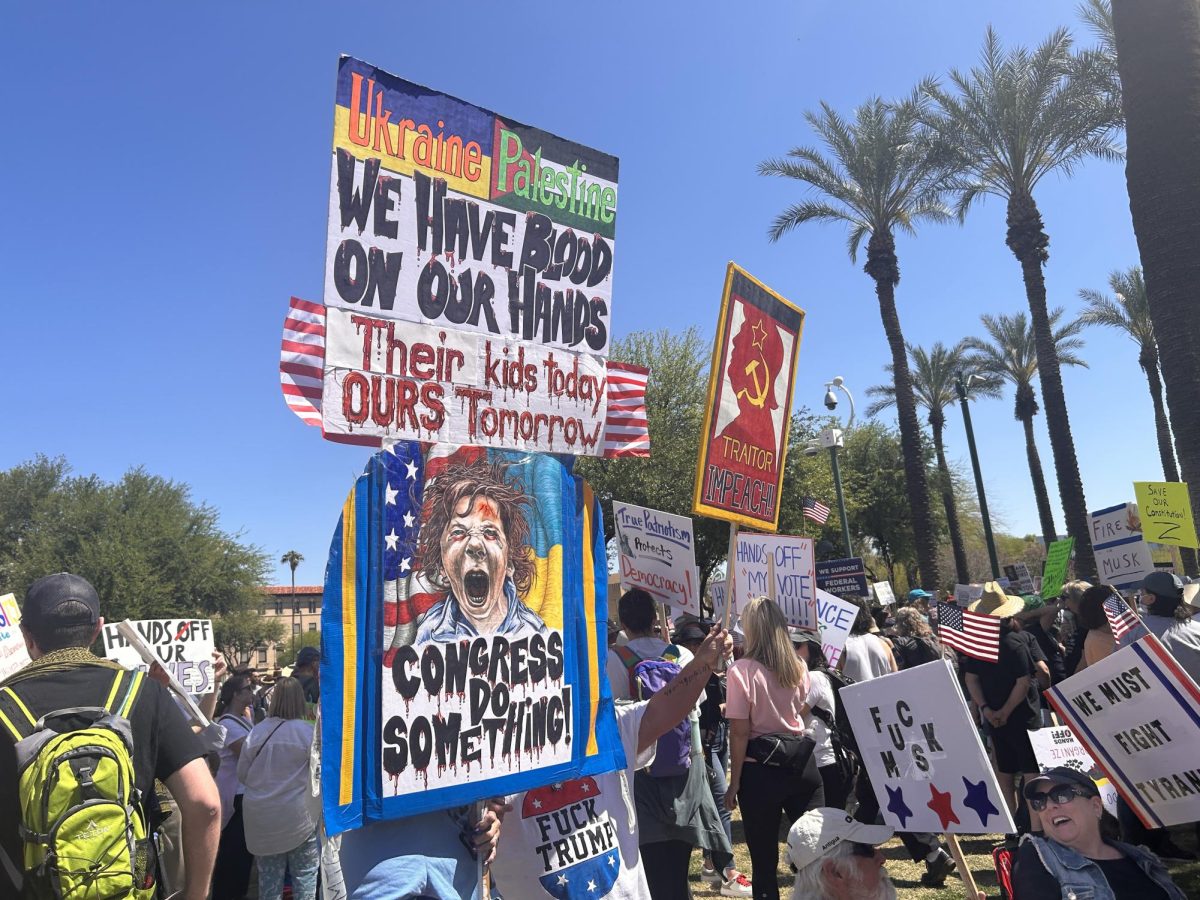The Sandra Day O’Connor College of Law at Arizona State University hosted the Phoenix Committee on Foreign Relations (PCFR) on Wednesday to discuss biodiversity, climate change and the “social tipping points” that can potentially change the outcome of the Earth’s otherwise grim future.
The presentation was led by Dr. Rebecca Shaw, Chief Scientist and Senior Vice President at the World Wildlife Foundation (WWF).
A diverse group of roughly fifteen people — professors, students and members of the PCFR — gathered to listen to Dr. Shaw for about forty-five minutes and then ask questions afterward.
The main topic of Shaw’s presentation—biodiversity (and how human activity is eroding it).
WWF defines biodiversity as: “the variety of animals, plants, fungi, and even microorganisms […] that make up our natural world.”
People who work in this field study the variability of species, genetics and ecosystems, as well as how every living thing interacts with each other and how they’ve evolved over time. Now more than ever, the WWF is observing extraordinary changes to the planet’s biodiversity.
One example of this erosion of biodiversity that Shaw highlighted during her presentation was the Amazon rainforest, which is already at 17% deforestation. Due to increasing temperatures, drought, pests and wildfires, there is a very real possibility that the earth’s rainforests will soon become savannas.
The deforestation of the Amazon rainforest can actually have global impacts. Harsh changes to the biodiversity of one area will not always stay contained. If the Amazon rainforest is destroyed, it could lead to a change in regional weather patterns and water loss across Brazil.
“Just because there is a climate catastrophe over there, doesn’t mean it won’t impact you. Big crises, disasters and extreme events really do affect people around the globe. [More-so] when you have migration, food shortages and conflict,” Shaw said.
Through graphs, charts and numerous studies, Shaw provided evidence for her information.
She cited the World Economic Forum (WEF) Nature Economy Report for 2020 to show how the impacts of climate change are “non-linear.”
Essentially, there is only so much that scientists can predict. When a committee member asked if WWF had any predictions for the near future, Shaw said, “I couldn’t tell you what’s going to happen in the next one to two years. I think it’s really important to stay focused on the long-term and the enabling conditions that allow for [the] long-term outcomes that we’re seeking to actually manifest themselves.”
Climate change is a local and global problem, so it was no surprise to learn that the work of Dr. Shaw and WWF spans far beyond America.
Biodiversity, the Environment and the Foreign Relations Connection
Another key point of the presentation was foreign relations. Dr. Shaw spoke about how WWF works with indigenous people to create the change they want to see, maintains communication with governments around the world and gives a voice to smaller, less fortunate communities who often feel the negative effects of climate change the most.
Concern about environmental issues has increased in business and politics, partly because of the passionate younger generations who are becoming more visible in these fields. Individuals have the ability to take action; whether it be by changing a part of their daily routine or rallying together to put pressure on lawmakers.
Small efforts can lead to big improvements.
“You know, I have a son so, I think a lot about the kids around the globe and their futures,” said Dr. Shaw. “What keeps me up at night is the question of am I doing enough? Because I do really think that a lot of the issues we’re working on at WWF are a matter of survival for humanity. If we don’t figure out climate change, if we don’t figure out the nature laws and degradation, people around the world can’t thrive.”


